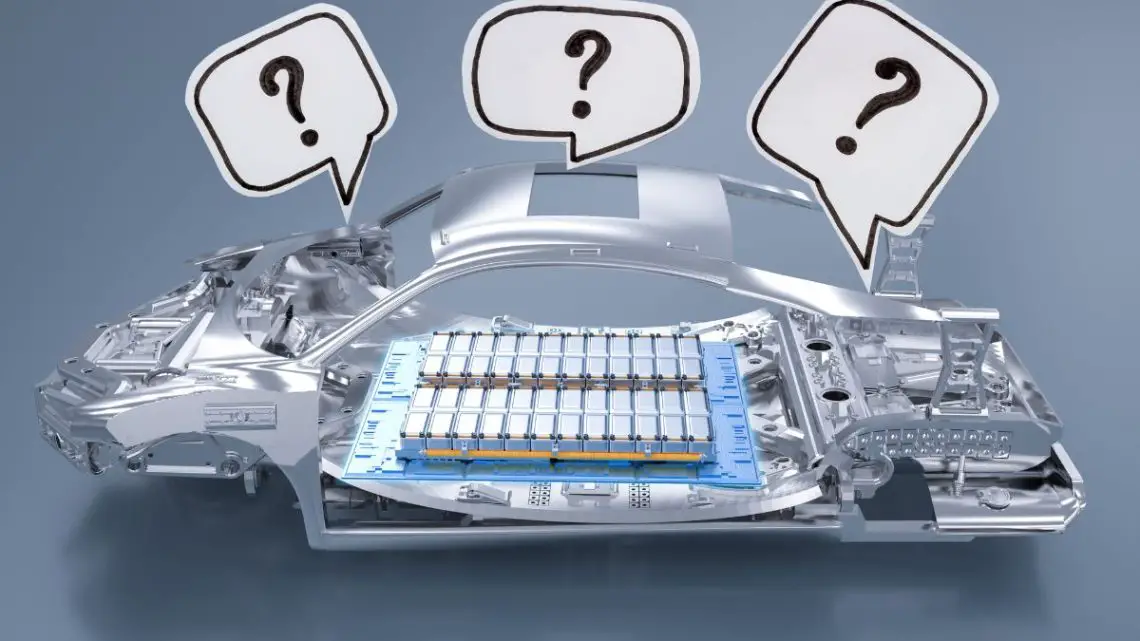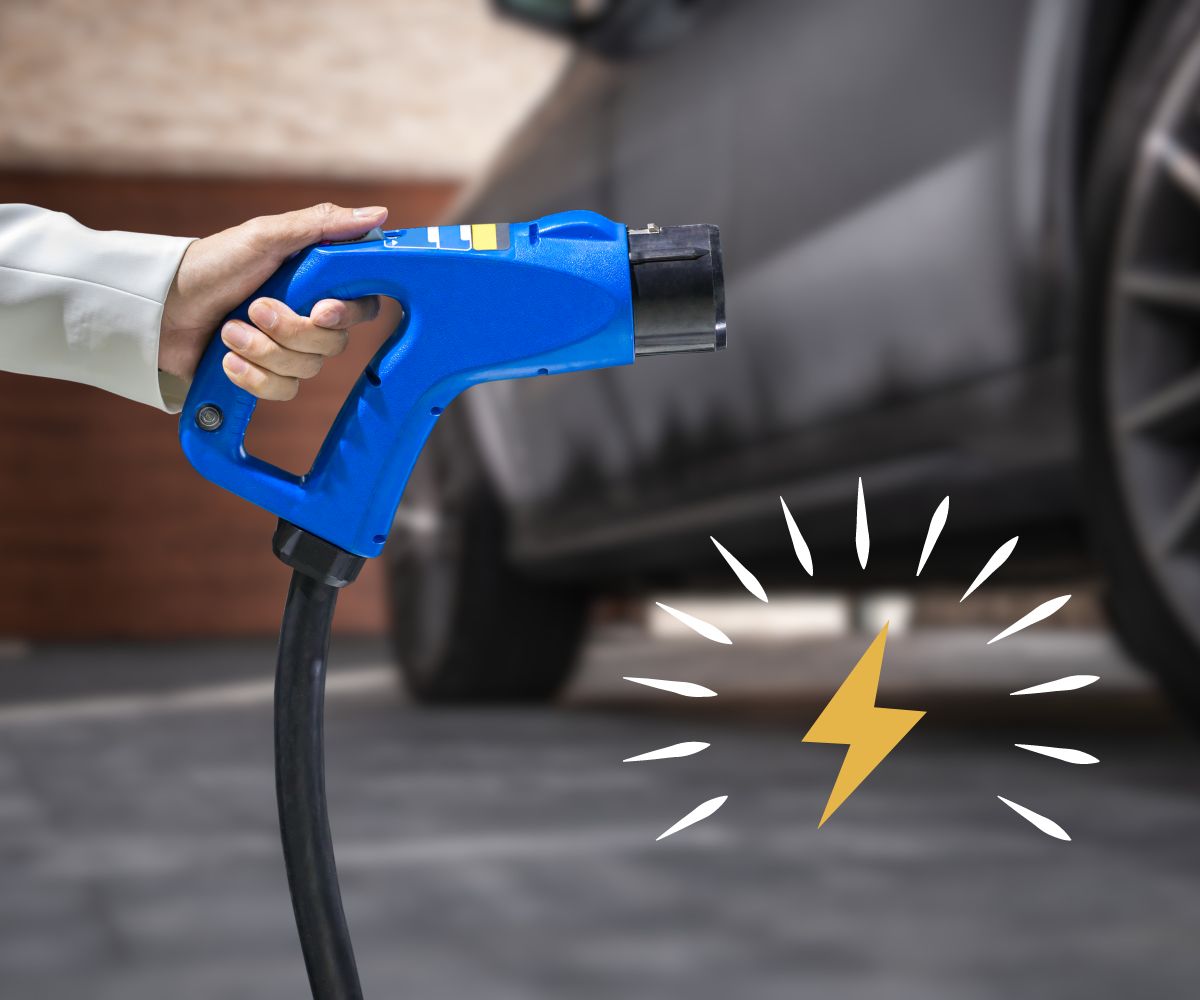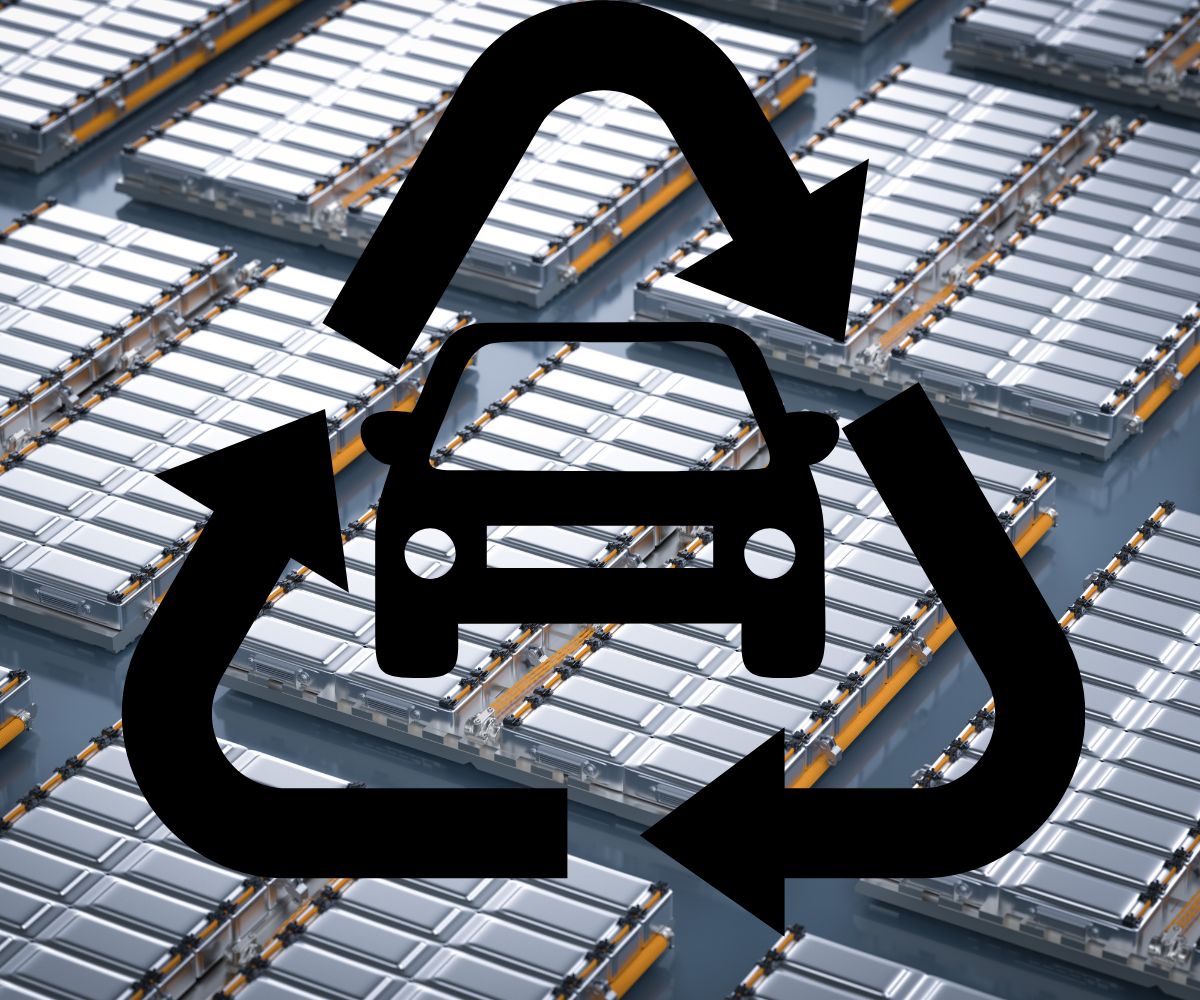
Are electric car batteries recyclable?
January 19, 2024Regarding the prominent issue at hand, it is really true that electric car batteries can be recycled, and there are specific methods that allow for the recovery of up to 95% of the raw materials. Global governments are now insisting that electric vehicle (EV) batteries be designed and manufactured in a manner that facilitates easy recycling.
After they have outlived their lengthy original life in your automobile, EV batteries may be upcycled, reused, or put to other uses in addition to recycling.
Addressing concerns: The durability of electric car batteries
Electric vehicle (EV) sales are smashing records this year, indicating that electric mobility is unquestionably becoming the new standard. However, electric vehicles (EVs) have faced criticism due to concerns about their sustainability, particularly about their batteries.
The concern is understandable: We are all too aware of our computers’ and phones’ batteries dying down quickly after a few years, or worse, completely failing too soon.
In contrast to the batteries found in our gadgets, EV batteries are made with durability and high intensity in mind from the bottom up. Because of this, they often live for up to 15 to 20 years.
However, the toughest battery will ultimately run out of life. What purpose may use EV batteries, therefore serve? We’ll go over recycling procedures and upcycling, reusing, and repurposing EV batteries below.
Let’s examine what transpires to electric vehicle batteries when you stop utilizing them.
How long is the battery life of an EV?
According to our study, 30% of prospective EV owners are concerned that their vehicle’s battery may run out of power before they finish using it.
But for the most part, this anxiety is unfounded. A new battery should now last for 100,000 to 200,000 miles, or around 15 to 20 years, of driving. However, EVs made a few years ago have shown that their batteries may survive much longer than the typical car’s lifetime, going beyond a theoretical assumption.
For instance, Tesla claims that its batteries can normally be used without problems for around 200,000 miles in the US and 150,000 kilometers in Europe. However, most manufacturers provide an 8 to 10-year guarantee, so even in the unlikely event that a battery fails early, mostly it can be covered.
With usage, EV batteries ultimately lose part of their full capacity, much as conventional devices. However, the loss is negligible, just around 2.3 percent annually, and there are strategies to prolong the life of your car’s battery, such as charging it to 80 percent or not every night.

EV Batteries, what are they made of?
Even though EV batteries have a long lifespan, they will ultimately run out of power. We must first examine the components of an EV battery in order to comprehend how they might be recycled.
Rechargeable lithium-ion cells serve as the main means of energy storage for EV batteries, just as they do for other electronics. Furthermore, graphite, nickel, manganese, and cobalt are often used materials alongside lithium. The casing is made of steel and aluminum.
In order for these materials to be recycled effectively, they need to be sorted and thoroughly cleansed to a level that allows for their reuse. 
Electric Car Batteries: A Look into their recyclability
While recycling old batteries is generally the most advisable approach, there are instances when a battery may fail or become too non-functional to be reused. Opting for reuse is the most advantageous decision in these particular situations.
The significance of recycling lithium-ion batteries is increasing for companies and countries seeking to decrease their dependence on mining of raw material. Recycling ensures that these valuable materials are not wasted in landfills and are instead reintegrated into the supply chain since many of the components in EV batteries are hard to come by or rare. Using emew technologies you can recover copper in 2 stages. The first stage is to recover over 90% of copper selectively from the black mass leachate, changing it into high-quality copper cathodes suited for foil manufacturing. The remaining copper is then entirely removed in the selective emew process to generate battery-quality salts in the downstream phases.
Electric car batteries and the circular economy
The end-of-life of an EV’s battery must be taken into consideration in order to maintain the car’s sustainability as the number of EVs on the road continues to rise rapidly.
To establish a genuinely circular economy, recycling can assist in recovering a substantial amount of the materials consumed and reusing them in the battery supply chain. Old EV batteries may be reused and upcycled in a number of ways in addition to recycling, extending their usable life.



 HFN News is your leading source for fresh hydrogen and renewable energy updates. Amid the fast-paced growth of hydrogen companies, we provide top-notch news and insights about this exciting sector. Our coverage spans from hydrogen cars to global sustainable initiatives, and we highlight the latest in green jobs and developing hydrogen hubs. We invite you to share your local hydrogen news and explore today’s renewable energy job listings on our site. Thanks for choosing HFN News as your trusted guide to the hydrogen and renewable energy world!
HFN News is your leading source for fresh hydrogen and renewable energy updates. Amid the fast-paced growth of hydrogen companies, we provide top-notch news and insights about this exciting sector. Our coverage spans from hydrogen cars to global sustainable initiatives, and we highlight the latest in green jobs and developing hydrogen hubs. We invite you to share your local hydrogen news and explore today’s renewable energy job listings on our site. Thanks for choosing HFN News as your trusted guide to the hydrogen and renewable energy world!